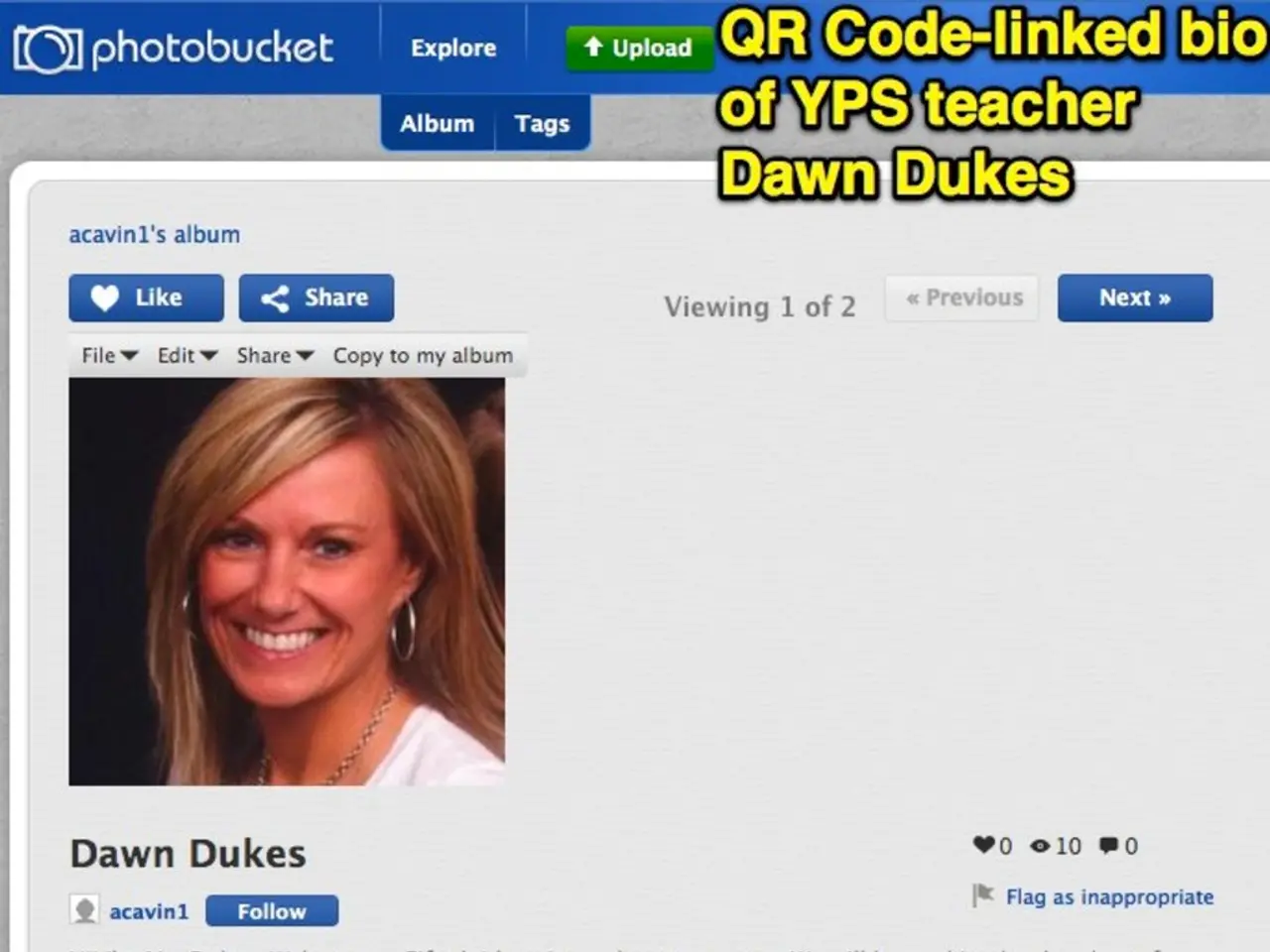Social Media's Traditional Form Facing Extinction by Web3 Innovations: A Look at the Evolution of Online Communities
In the rapidly evolving digital landscape, a new contender is emerging to challenge the dominance of traditional social media platforms. This contender is Web3, a decentralized network built on blockchain technology that promises a more user-centric digital experience.
Web3 offers creators the opportunity to own digital assets, sell Non-Fungible Tokens (NFTs), and earn directly from their communities through tokens and NFTs. This direct monetization model empowers content creators and fosters a more equitable digital economy.
One of the key features of Web3 is its decentralized governance. Users can vote on platform decisions via smart contracts and Decentralized Autonomous Organizations (DAOs), ensuring transparency and giving users greater control over their digital presence.
However, Web3 is not without its challenges. Technical complexity, lack of mainstream awareness, slow transactions, and high costs are barriers to adoption. Moreover, Web3 platforms are frequent targets for cyberattacks, leading to stolen assets and platform vulnerabilities. The future of these platforms is uncertain, as many governments are still figuring out how to regulate decentralized platforms.
Despite these challenges, Web3 platforms are gaining traction. Emerging social media platforms like Minds, DeSo, and Lens Protocol are open-source and blockchain-based alternatives to Facebook and Twitter. The9bit, a Web3.5 GameFi platform, is focused on gaming and blockchain rewards, attracting millions of users. Flow, a decentralized blockchain platform, is designed for consumer Web3 applications.
The future of social media may not be a battle between old and new, but rather a fusion of both. Traditional platforms are expected to adopt Web3 features, while decentralized networks are improving usability to attract a wider audience. This hybrid model could shape a more user-centric digital experience, where users have control over their identity, content, and data.
Web3 reduces censorship by removing central authority over content, though this presents moderation challenges. Web3 platforms offer token-based economies for direct creator monetization beyond ads, but lack the robust ad infrastructure found in traditional platforms, making it less appealing for targeted marketing and sponsorships.
In conclusion, Web3 is an alternative to traditional social media, empowering users with ownership, financial incentives, and decentralization. While it faces significant hurdles, its potential to reshape the digital landscape is undeniable. As we move forward, it will be interesting to see how the relationship between traditional social media and Web3 evolves.
Read also:
- MRI Scans in Epilepsy Diagnosis: Function and Revealed Findings
- Hematology specialist and anemia treatment: The role of a hematologist in managing anemia conditions
- A Week in Pixelized Realm: The Transformation of the World in Digital Form
- Enhancing the framework or setup for efficient operation and growth




